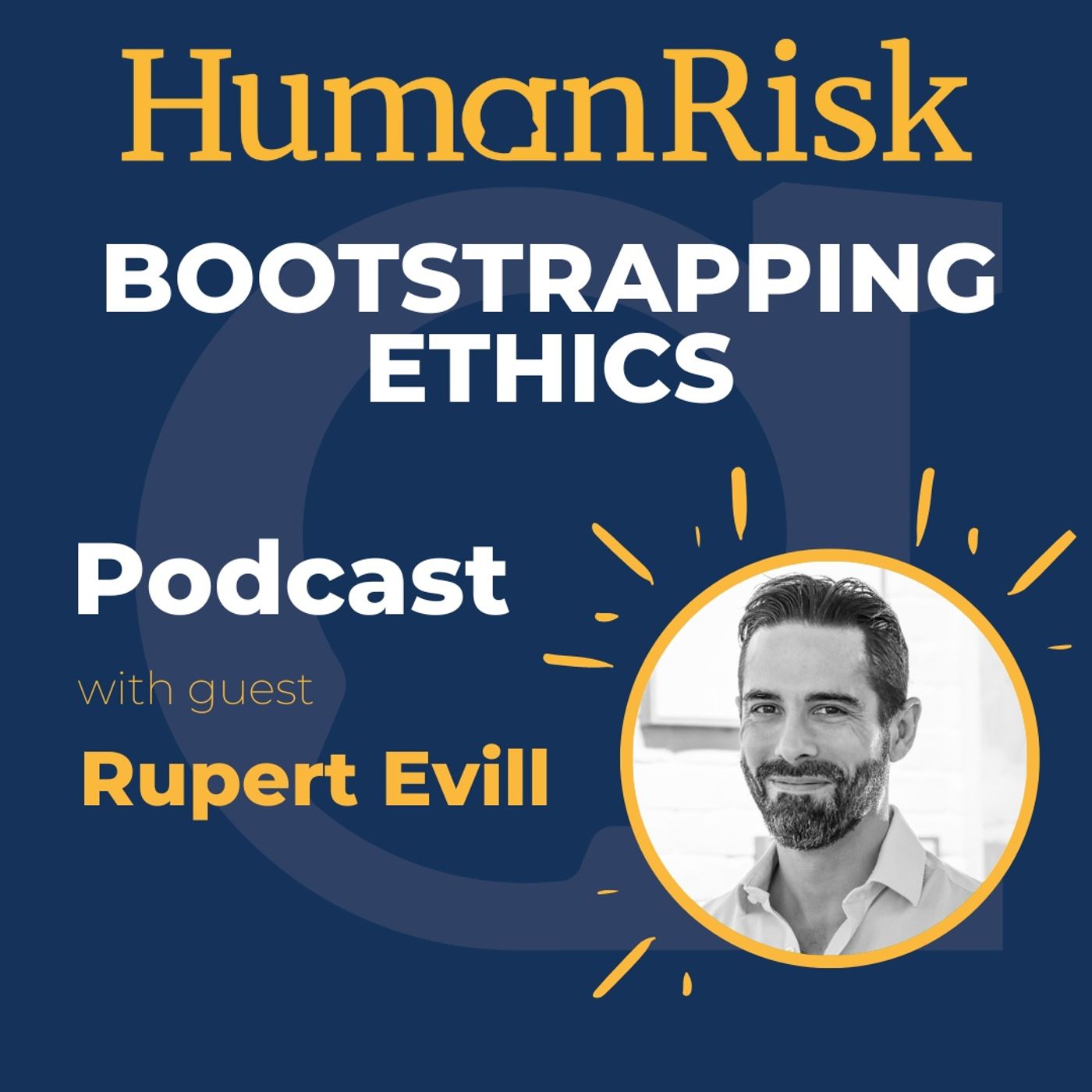Rupert Evill on Bootstrapping Ethics

How can organisations with limited resources handle ethical issues? While every organisation wants to be ethical — or at the very least, to be seen to be ethical — smaller ones often lack the resources or experience to manage these issues.
My guest...
How can organisations with limited resources handle ethical issues? While every organisation wants to be ethical — or at the very least, to be seen to be ethical — smaller ones often lack the resources or experience to manage these issues.
My guest Rupert Evill is the author of ‘Bootstrapping Ethics’, a book that’s designed to help organisations with limited resources in the same way as they think of other challenges as something that can be bootstrapped. In other words, you don’t need lots of money or staff to be able to run an ethical business.
In our discussion, we explore how Rupert came to work in ethics and the issues that inspired and continue to inspire him to work in the field, including corruption, child poverty, human trafficking, and wildlife trafficking. We also look at some of the creative ways he’s worked with his clients to do that.
To find out more about Rupert, visit his company website https://www.ethicsinsight.co/
You’ll also find him on LinkedIn: https://www.linkedin.com/in/rupert-evill/
For more on his book ‘Bootstrapping Ethics' https://www.ethicsinsight.co/book/
Rupert’s book is published by Wiley, which makes him a publishing stablemate of mine, and so, it would be remiss of me not to mention that my book ‘Humanizing Rules; Bringing Behavioural Science to Ethics & Compliance’ is also out now. You can find out more about that by visiting www.humanizingrules.com
If you order that and ‘Bootstrapping Ethics’, you’ll not only have two books that complement each other in terms of subject, but they also look fabulous next to each other on the bookshelf.



















